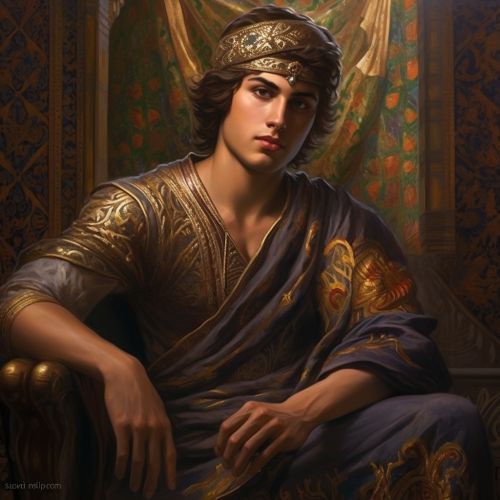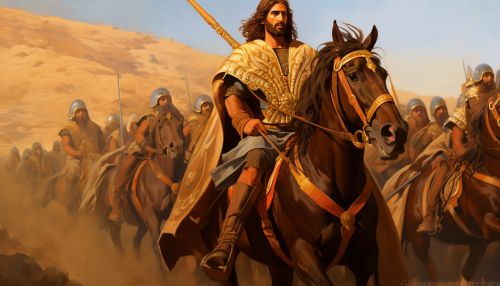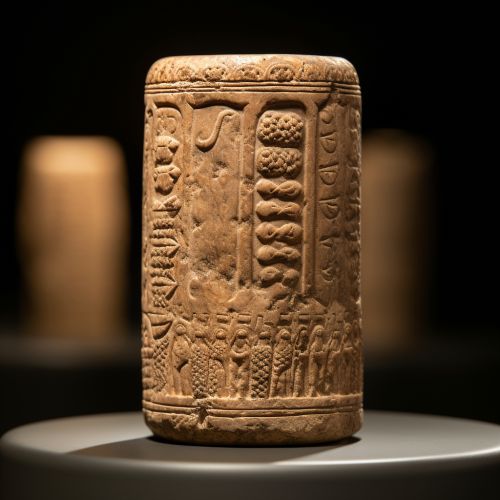Cyrus the Great
Early Life and Ascension to the Throne
Cyrus II, better known as Cyrus the Great, was born around 600 BC, in the region of Persis, in modern-day Iran. He belonged to the Achaemenid dynasty, a Persian royal family. His father was Cambyses I, the king of Anshan, and his mother was Mandane, the daughter of the Median king Astyages.


Cyrus's ascension to the throne of Anshan followed the death of his father in 559 BC. As the new king, Cyrus was a vassal to his maternal grandfather, Astyages, the king of the powerful Median Empire. However, the relationship between the two monarchs was not always amicable, leading to conflicts that would shape the future of the region.
Rise to Power and Expansion of the Empire
In 553 BC, Cyrus revolted against Astyages, marking the beginning of a series of wars that would result in the fall of the Median Empire and the rise of the Persian Empire. After a three-year war, Cyrus defeated Astyages and took control of the Median Empire, marking the beginning of the Achaemenid Empire.
Cyrus didn't stop with the conquest of Media. He turned his attention to the Lydian Empire, ruled by King Croesus, and the Neo-Babylonian Empire, ruled by King Nabonidus. By 539 BC, Cyrus had conquered both empires, significantly expanding his territories.


Policies and Administration
Cyrus the Great is renowned for his innovative and benevolent policies. He respected the customs and religions of the lands he conquered, a policy that earned him the admiration of those he ruled. This approach is evident in his treatment of the Jews in Babylon. After conquering Babylon, Cyrus allowed the Jews to return to their homeland and rebuild their temple, a story documented in the Biblical canon.
Cyrus's administrative system was also noteworthy. He divided his empire into provinces, known as satrapies, each ruled by a governor, or satrap. This system allowed for efficient governance and tax collection, and it was later adopted by many subsequent empires.
Death and Legacy
Cyrus the Great died in 530 BC, during a military campaign in the northeastern part of his empire. His death marked the end of his 30-year reign, but his legacy lived on. His son, Cambyses II, succeeded him and continued his expansionist policies.
Cyrus's legacy is not just limited to the creation of one of the largest empires in history. His policies of tolerance and respect for diversity set a precedent for future rulers. His administrative system influenced the governance of many subsequent empires. Moreover, his respect for human rights is immortalized in the Cyrus Cylinder, often referred to as the first human rights charter.


